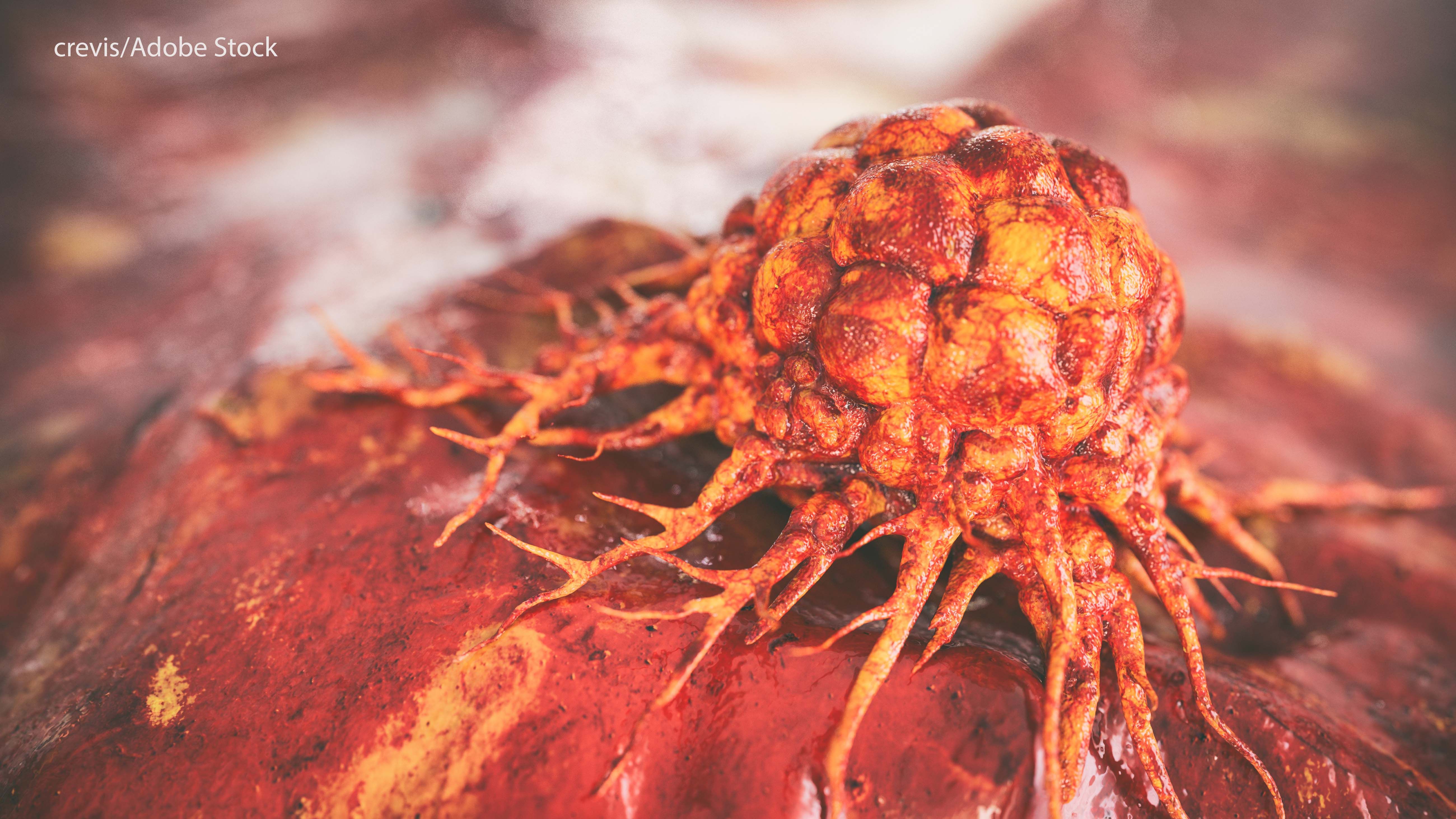FDA Gives Priority Review to Tovorafenib in Pediatric Low-Grade Glioma
The FDA has set a Prescription Drug User Fee Act date of April 30, 2024 for tovorafenib as a treatment for pediatric patients with relapsed or progressive low-grade glioma.
Supporting data for the new drug application came from the phase 2 FIREFLY-1 trial (NCT04775485)assessing tovorafenib in patients with relapsed or progressive pediatric low-grade glioma.

The FDA has granted priority review to a new drug application (NDA) for single-agent tovorafenib (DAY101) as a treatment for those with relapsed or progressive pediatric, low-grade glioma, according to a press release from Day One Biopharmaceuticals.1
The regulatory agency has set a Prescription Drug User Fee Act date of April 30, 2024 for their review of tovorafenib in this indication.
“We are pleased to be one step closer to achieving our mission of bringing a novel targeted therapy to children whose low-grade gliomas with BRAF alterations have relapsed or progressed,” Jeremy Bender, PhD, chief executive officer at Day One, said in the press release.1 “We are grateful to the patients and their caregivers who participated in the FIREFLY-1 trial and look forward to continuing to collaborate with the FDA as we prepare to make this treatment more broadly available to those who need it.”
Supporting data for the NDA came from the phase 2 FIREFLY-1 trial (NCT04775485) assessing tovorafenib in patients with relapsed or progressive pediatric low-grade glioma. Updated data highlighted an overall response rate (ORR) of 67%—including a complete response rate of 17% and a partial response rate of 49%—and a clinical benefit rate of 93% among 69 evaluable patients per Response Assessment for Neuro-Oncology High-Grade Glioma (RANO-HGG) criteria.2 Additionally, investigators reported a median duration of response (DOR) of 16.6 months (95% CI, 11.6-not estimable) as of the data cutoff of June 5, 2023.
With respect to safety, most adverse effects (AEs) observed in the FIREFLY-1 trial were grade 1 or 2. The most common toxicities included hair color changes (76%), fatigue (44%), maculopapular rash (41%), dry skin (33%), and dermatitis acneiform (30%). Overall, investigators highlighted that tovorafenib was well tolerated among patients.
“We believe that tovorafenib, if approved, could change the treatment landscape for children living with this chronic and relentless disease,” Bender said in a press release at the time these data were published.2
In the open-label, multi-center FIREFLY-1 trial, patients received the oral pan-RAF inhibitor tovorafenib as an immediate-release tablet at 100 mg or as powder for reconstitution at 25 mg/mL.
The trial’s primary end point was ORR based on RANO-HGG criteria. Secondary and exploratory end points included ORR based on Response Assessment in Pediatric Neuro-Oncology Low-Grade Glioma (RAPNO-LGG) criteria, progression-free survival, safety, and quality of life.
Patients 6 months to 25 years old with relapsed or progressive low-grade glioma with known activating BRAF alterations, as well as locally advanced or metastatic solid tumors with an activated RAF fusion were able to enroll on the trial. Additional eligibility criteria included receiving at least 1 prior line of systemic therapy with evidence of radiographic progression and at least 1 measurable lesion based on RANO or RECIST v1.1 guidelines.
The FDA granted a rare pediatric disease designation for tovorafenib in pediatric low-grade glioma in July 2021.3
References
- Day One announces FDA acceptance of NDA and priority review for tovorafenib in relapsed or progressive pediatric low-grade glioma (pLGG). News release. Day One Biopharmaceuticals. October 30, 2023. Accessed October 31, 2023. https://shorturl.at/mOS13
- Day One announces updated FIREFLY-1 data for tovorafenib and completion of rolling NDA submission to FDA for relapsed or progressive pediatric low-grade glioma (pLGG). News release. Day One Pharmaceuticals. September 11, 2023. Accessed October 31, 2023. https://shorturl.at/zBCQX
- Day One receives FDA rare pediatric disease designation for DAY101 for the treatment of pediatric low-grad glioma. News Release. Day One Pharmaceuticals. July 27, 2021. Accessed October 31, 2023. https://bit.ly/2THrHUi